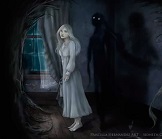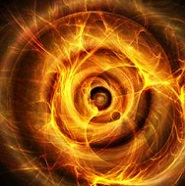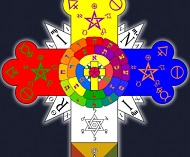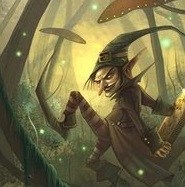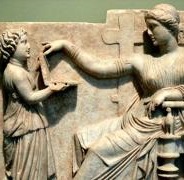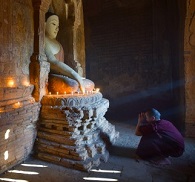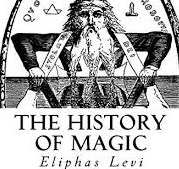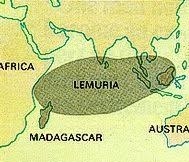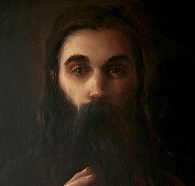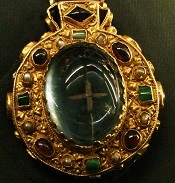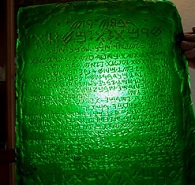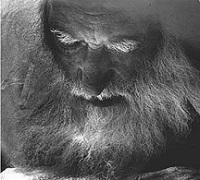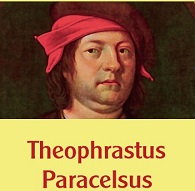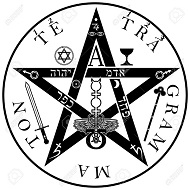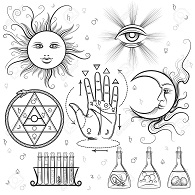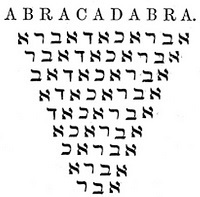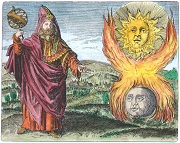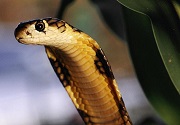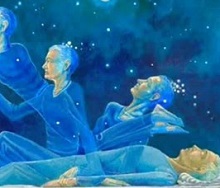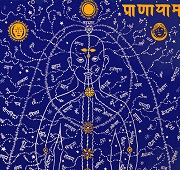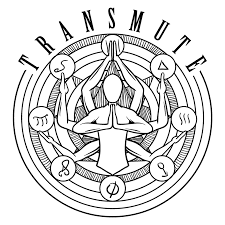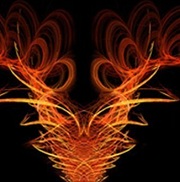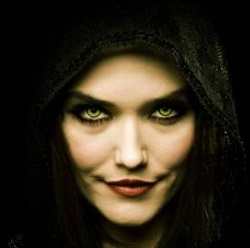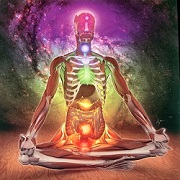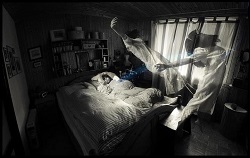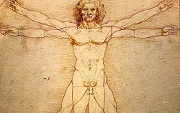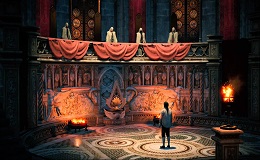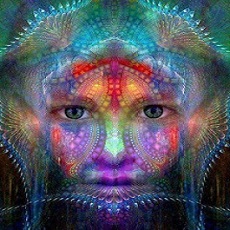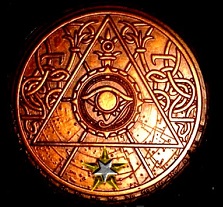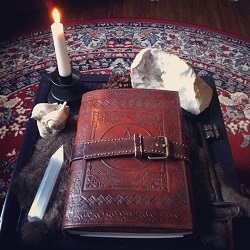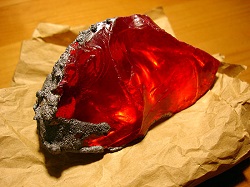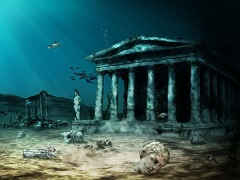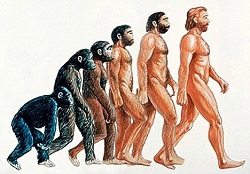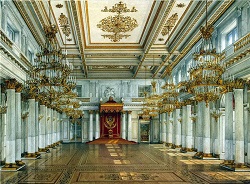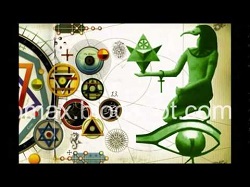Who were the Rosicrucians?
Rosicrucians (Mys.). The name was first given to the disciples of a learned Adept named Christian Rosenkreuz, who flourished in Germany,
circa 1460. He founded an Order of mystical students whose early history is to be found in the German work, Fama Fraternitatis (1614),
which has been published in several languages. The members of the Order maintained their secrecy, but traces of them have been found
in various places every half century since these dates. The Societas Rosicruciana in Anglia is a Masonic Order, which has adopted membership
in the “outer”; the Chabrath Zereh Aur Bokher, or Order of the G. D., which has a very complete scheme of initiation into the Kabbalah and
the Higher Magic of the Western or Hermetic type, and admits both sexes, is a direct descendant from mediæval sodalities of
Rosicrucians, themselves descended from the Egyptian Mysteries. [w.w.w.]
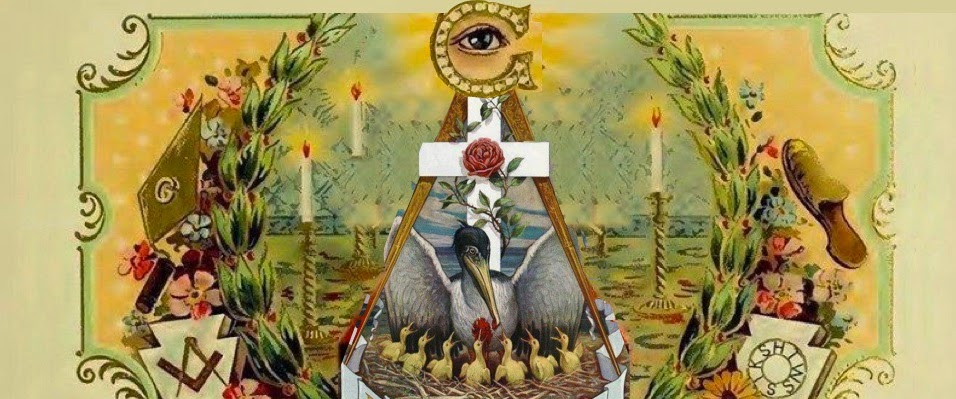
- [The Rosicrucian Society, which made so much noise in Germany and France at the beginning of
17th century, it was an alchemical, cabalistic and theosophical fraternity. From it you have very few accurate data,
because it was a society so secret that its members were described as "invisible", according to an article of
its statutes that read like this: "This society must be kept secret for a hundred and twenty years." The founder
of this fraternity, among whose the most enlightened members was the great Paracelsus, was a German named Cristián
Rosenkreuz, born in 1378 of noble but poor parents. As stated in a booklet entitled Fama fraternitatis
Rosœ Crucis (Manifesto of the Rosa-Cruz fraternity), published in approximately 1614, at the age of sixteen received
knowledge from some magicians, with whom he worked for five years. When he was barely twenty, he undertook a long
travel to Turkey, Palestine and Arabia. In the latter country he found some philosophers who told him part of his
hidden knowledge. In Fez he had the opportunity to talk with some Kabbalists, from whom he learned what he wanted to know.
Returning to his native country, he locked himself in a cave where he lived alone until a very advanced age, with a healthy body and spirit.
It is useless to add that the members of this Society were subjected to very brutal persecutions for
part of the Christian Church.] (G.T. H.P.B.)
Reading Support:


